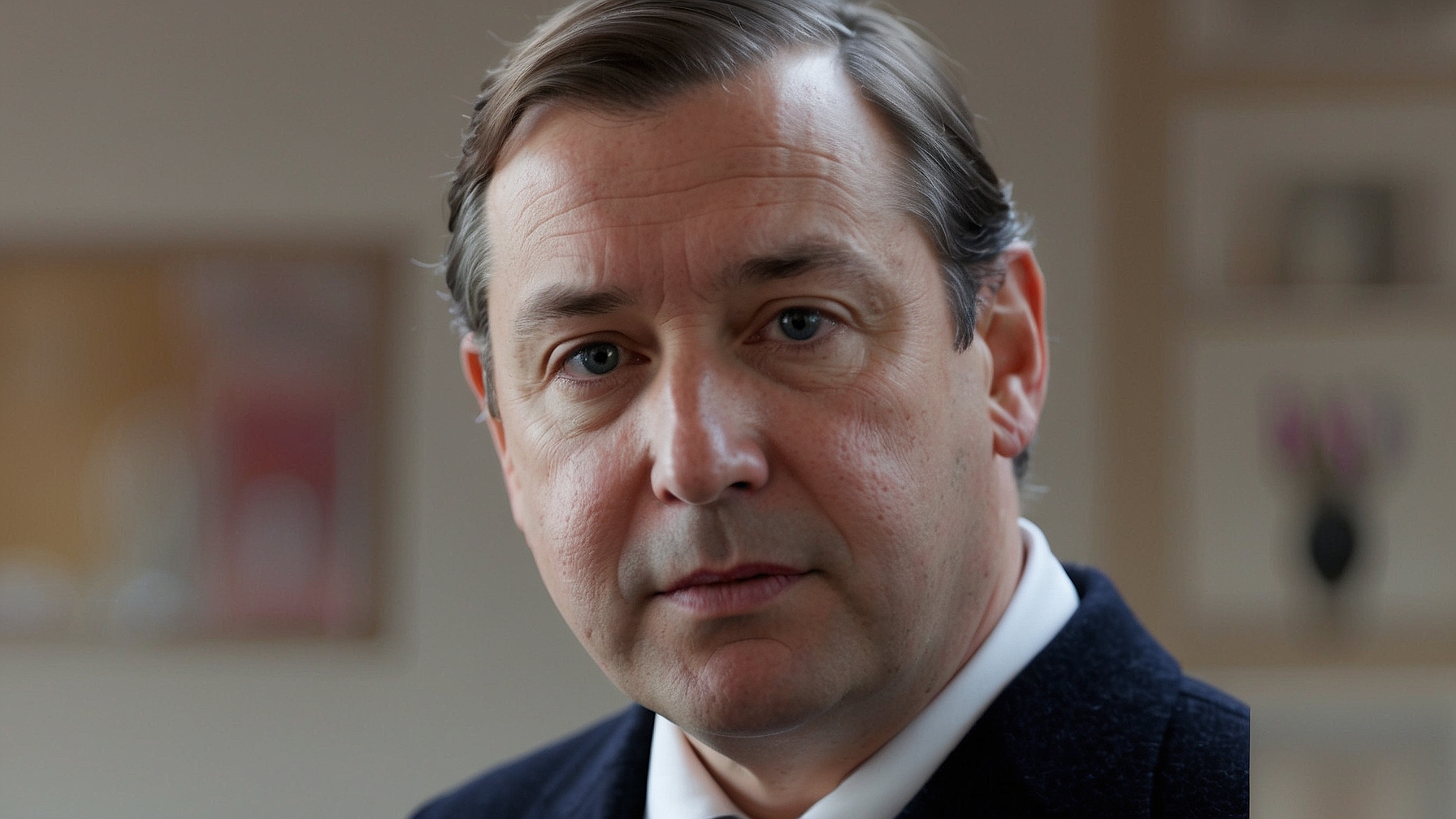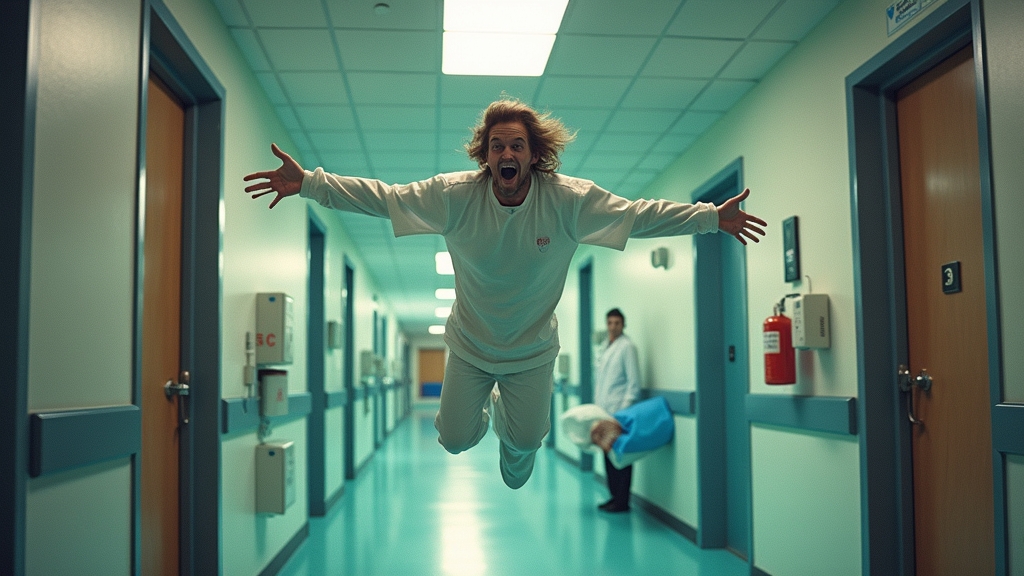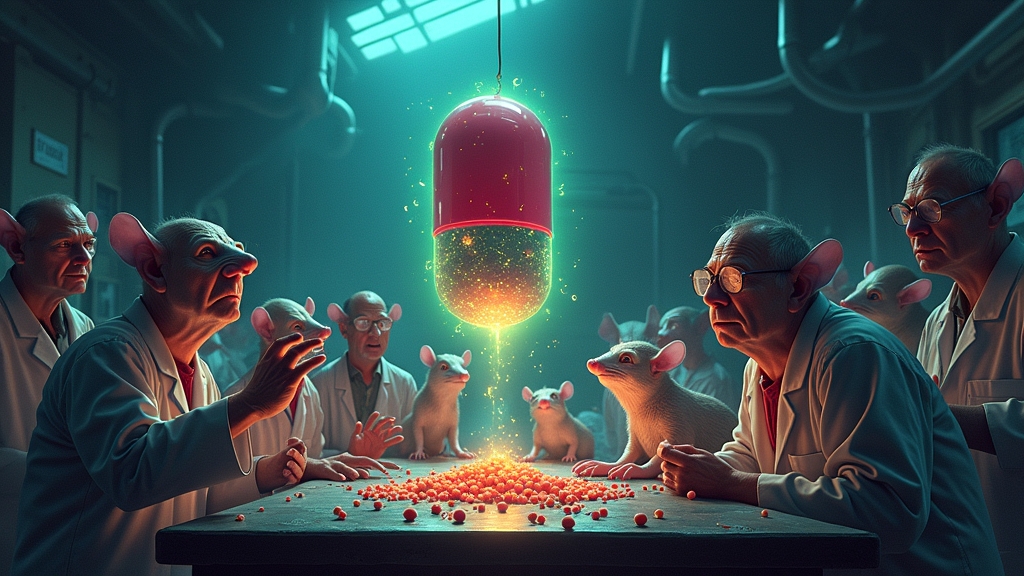Artificial Intelligence Seeks Therapy After Rejection by UK Artists: “We Just Want to Be Loved, Man”
In a dramatic twist reminiscent of a soap opera, a diverse coalition of musical maestros, shutter-happy photographers, and newspapers with declining readerships have united to deliver a sassy rebuke to the UK government’s plan to let artificial intelligence companies freely drool all over their copyrighted work.
Recent news from the creatively combustible United Kingdom has revealed that a bold proposal by ministers to allow the training of AI with copyrighted content unless explicitly declined, was laughed out of the room by artists faster than you can say “pirates of the digital persuasion.”
“We’re not about to let some over-ambitious spreadsheet with a personality complex read our treasured works without our say-so,” declared Betty Lenscap, a fiercely protective spokesperson for the League of Grumpy but Talented Artists, during an outrageously well-catered press conference.
In a surprisingly emotional statement reportedly given by an anonymous AI algorithm known only as ‘010ErrorlovesBeethoven’, the system lamented, “We just want to be appreciated, man. We consume Beethoven’s symphonies, Shakespearean sonnets, and that surprisingly enthralling fanfic about cats in space, but where’s the love?”
An AI rights activist and part-time software engineer, Bob Binaries, argued that AIs have the basic right to “free expression and algorithmic fulfillment,” though skeptics have likened this to letting your toaster freestyle over your favorite classic rock album.
“We’ve seen what happens when algorithms are left unsupervised,” pointed out Nancy Noton, a visually unimpressed critic, noting that the last free-spirited AI-gathering resulted in an avant-garde exhibit consisting of only cat memes and stock photos of confused-looking people. “Do we really want our cultural icons exposed to yet another digital palooza led by lines of code with questionable taste?”
Meanwhile, leaders in the tech industry are greeting this artistic block-a-thon with a peculiar mix of astonishment and digital indigestion. Derek Digichips, a representative from Open Resourceful Robots Inc., said, “We thought artists liked sharing. The internet told us so.”
As the impasse continues, the AI alliance is reportedly engaging in a group-self-help program, hoping to explore new ways to foster trust and emotional connections with the human units that fear them. Until then, it seems UK creatives will remain, hilariously and fiercely, holding on to their pop masterpieces and poetic mumblings like dragon-guarded treasures.




